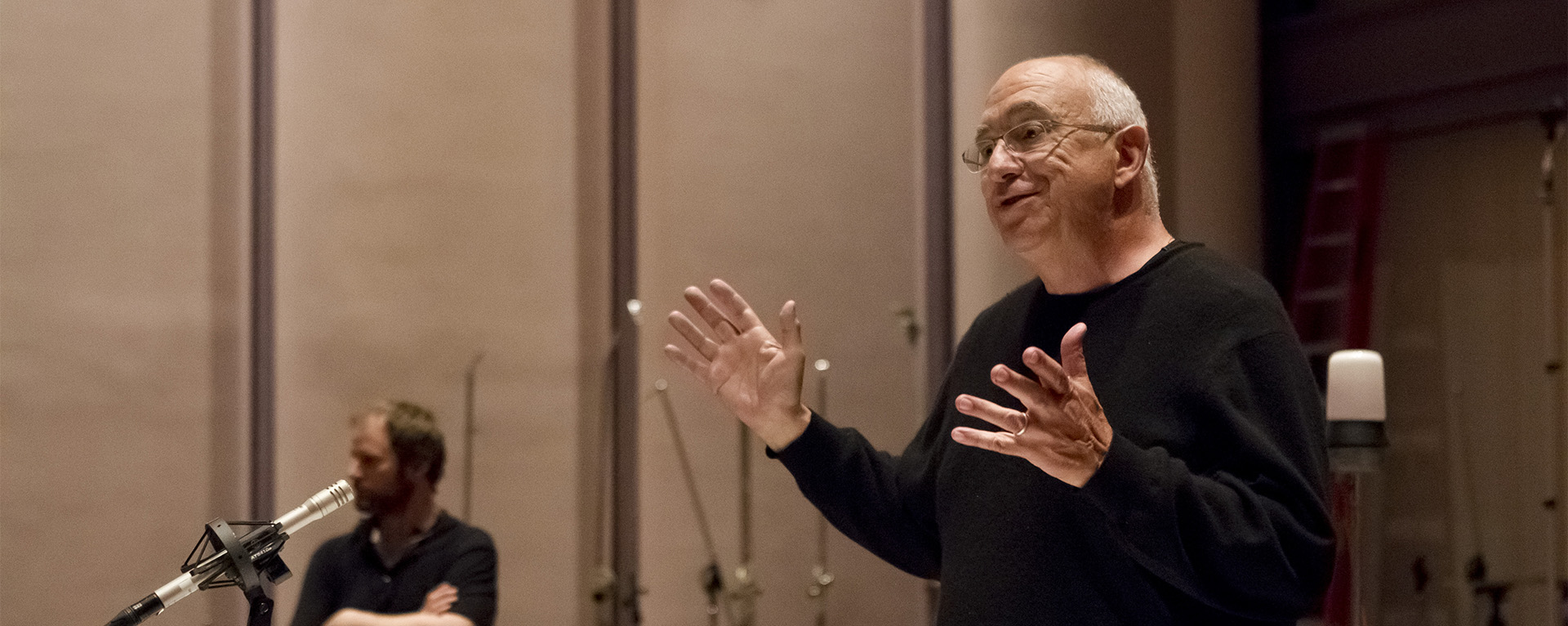Randy Thom Looks Back on 40 Years with Skywalker Sound
The Academy Award Winner is a Sound Editor & Director of Sound Design
Celebrating 40 years with the company, Skywalker Sound’s Sound Editor & Director of Sound Design Randy Thom joins an exclusive group of Lucasfilm luminaries, including fellow 2019 honoree Supervising Sound Editor & Sound Editor Ben Burtt.
A respected voice in the field of motion picture sound for decades, Thom’s Lucasfilm career stretches back to the pioneering days before Skywalker Sound’s formal inception, when our sound division was known as Sprocket Systems.
In this exclusive interview, Thom looks back on his past experiences and ahead to the future in the ever-growing medium of sound design…
To a layman, how would you describe the role of a sound designer?
Ideally, the job of a film sound designer is to work with the film’s director to develop a sound style for the movie they are collaborating on, to design a strategy for making sound a full collaborator in storytelling, and to fabricate or supervise the fabrication of specific sounds to be used in the film. As an example, for the Robert Zemeckis film Contact, I had meetings in pre-production with Zemeckis to discuss the overall sound of the film, and we talked about how sound ideas could affect the visual design of the film. During production and post-production I designed and fabricated the sound for the device that Jodi Foster’s character uses to travel to another dimension, among many other sounds.
Growing up, was there a particular film or other piece of art that inspired you?
Honestly, I was mostly unaware of art until I was in my twenties. I think spending a lot of time as a kid in the forest where I grew up in Louisiana probably shaped my later artistic sensibilities more than any movies I saw, music I heard, or art I was exposed to.
Do any memories stand out in your earliest days working here?
I remember being ecstatic to be working with Ben Burtt, and fascinated by the collaborative way he worked with George. I think very few sound people have had that kind of relationship with directors, and it was inspirational to say the least.
Early on, was there a particular project that proved significant for you, and if so, why?
The Empire Strikes Back was my introduction to Lucasfilm, and only the second film I worked on, so it was extremely important in terms of shaping my approach to doing sound for movies. Ben, Gary Summers, Howie Hammerman, and I were Lucasfilm’s entire staff sound department, and it was fantastic.
Did you have any mentors here that helped you grow in your career?
Ben and Walter Murch were my to main mentors. I had just worked with Walter on Apocalypse Now when Ben asked me to help him on The Empire Strikes Back. Of course, Walter had gone to film school with George Lucas, and had worked with him on THX 1138 and American Graffiti. I felt like the luckiest guy in the world to have fallen into this group of northern California filmmakers where sound was truly taken seriously in film storytelling.
Sometime ago now, you began writing about sound design and the role it plays in the filmmaking process. What motivated you to begin sharing your ideas?
Sharing ideas is crucial to building an artistic community. I’ve never believed that it made any sense to “keep secrets” about my methods or my theories. The more everyone knows, the better it is for everyone.
Are there any specific accomplishments in your career that give you confidence or wisdom as you continue working today?
There are lots. Awards don’t give me confidence. What does give me confidence is knowing that I have faced many difficult creative and personal challenges, and somehow found ways to accomplish what was needed.
How is collaboration important in sound design and sound editing?
Collaboration among the sound professionals, the sound design and music departments collaborating with each other, is obviously important. But even more important is a work flow that allows the sound crew to fully collaborate with the director, by which I mean opportunities to make suggestions to the director in pre-production and during production that will allow sound ideas to shape creative decisions in other crafts. It isn’t collaboration if that doesn’t happen. It’s sound being the caboose on the train, which unfortunately is its traditional role.
What makes working with the Skywalker Sound team unique in the industry?
George’s dream for Skywalker Sound was that it would emulate the best parts of film school… lots of collaboration, lots of cross-over between crafts, everybody learning from everyone else, everyone being open to new ideas and new approaches to the work, etc. That is pretty much what Skywalker Sound became, and it gave us a huge head start in winning clients and tackling projects in innovative ways.
Many people associate Skywalker Sound with its location at Skywalker Ranch. What makes your workplace conducive to doing good work? Do you remember your first impressions of the Ranch?
When people ask “When did you start working here?” I often reply “Before there was a here.” Ben and I used to come out to the Ranch before any of the buildings were here and record gunshots, explosions, nature sounds, etc. Though usually not in that order… It was a dream to be able to come to such a sonically pristine place to collect sounds. No facility in Los Angeles has that ability.
How often today do you go out into the field to record original sounds?
I don’t go out anymore as often as I would like. I’m usually sending others out to do the field recording. But it’s such a crucial part of sound design. When you leave your studio and find yourself in a forest, or canyon, or city you always discover sounds you wouldn’t have guessed would be there, and those unanticipated sounds sometimes have a profound connection to the story you’re trying to tell, if you have your sound designer ears open in the right way.
How has your interest in sound design evolved? What makes you excited about coming into work today?
Even after almost 50 years of doing sound work professionally, first in radio then in film, I’m still discovering new ways to think about sound in storytelling. That certainly keeps me interested, and the enthusiasm of the younger people around me at work is a big plus.
If you could share one piece of advice for those aspiring to join your field, what might it be?
Making mistakes and attempting experiments that don’t succeed are necessary to the work, but try to make most of that at the beginning of the project, and as inexpensively as possible.
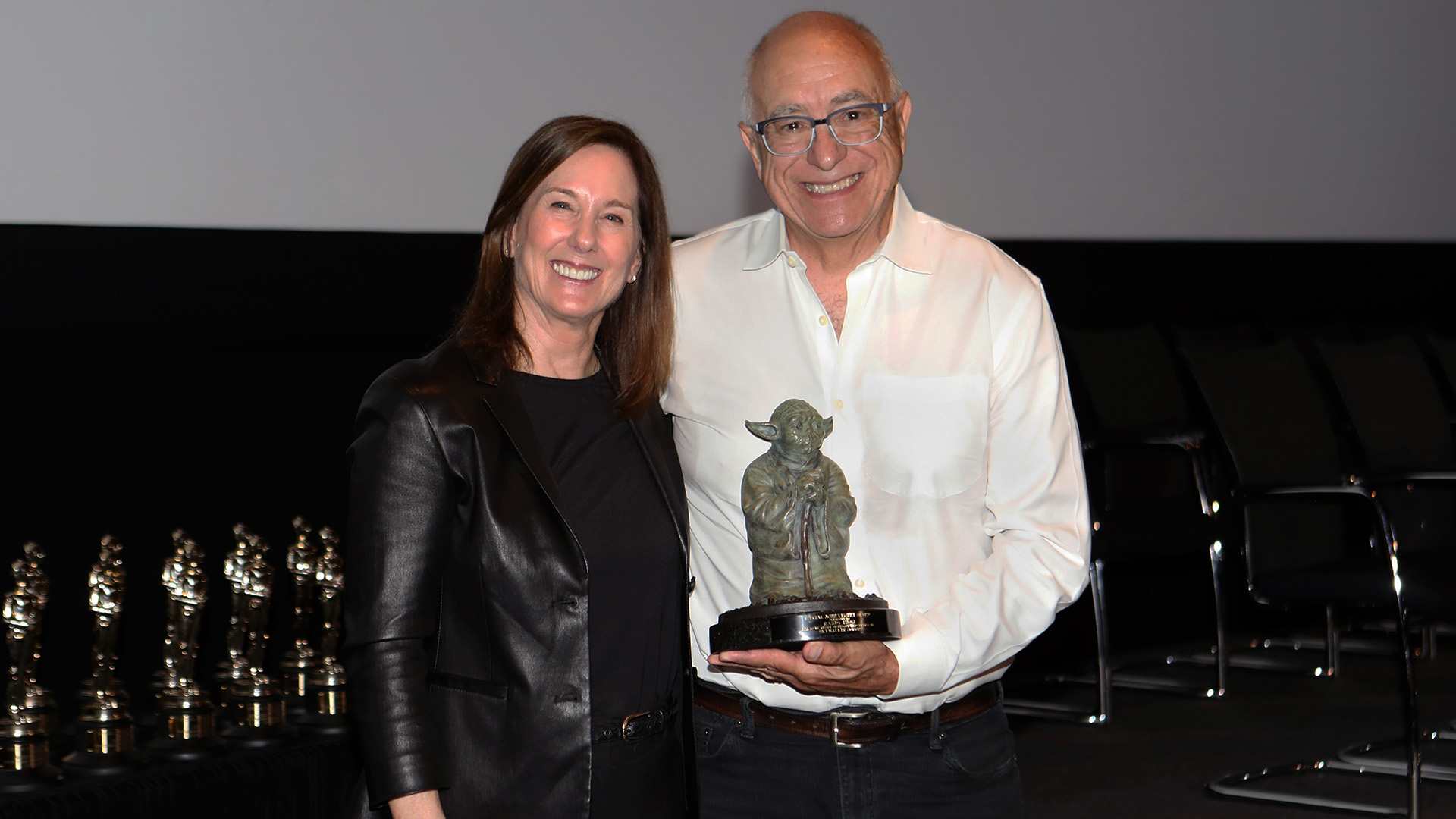
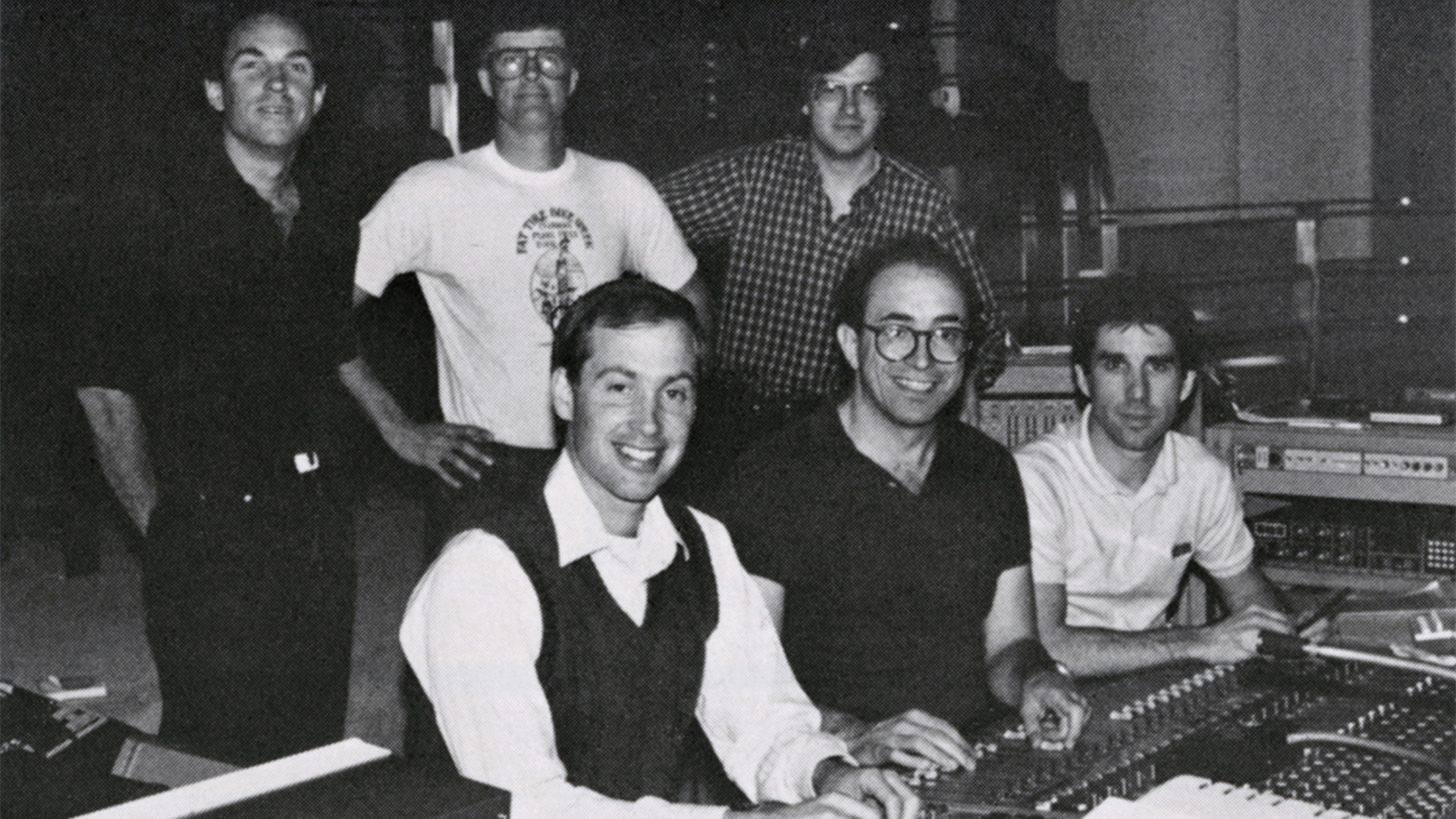
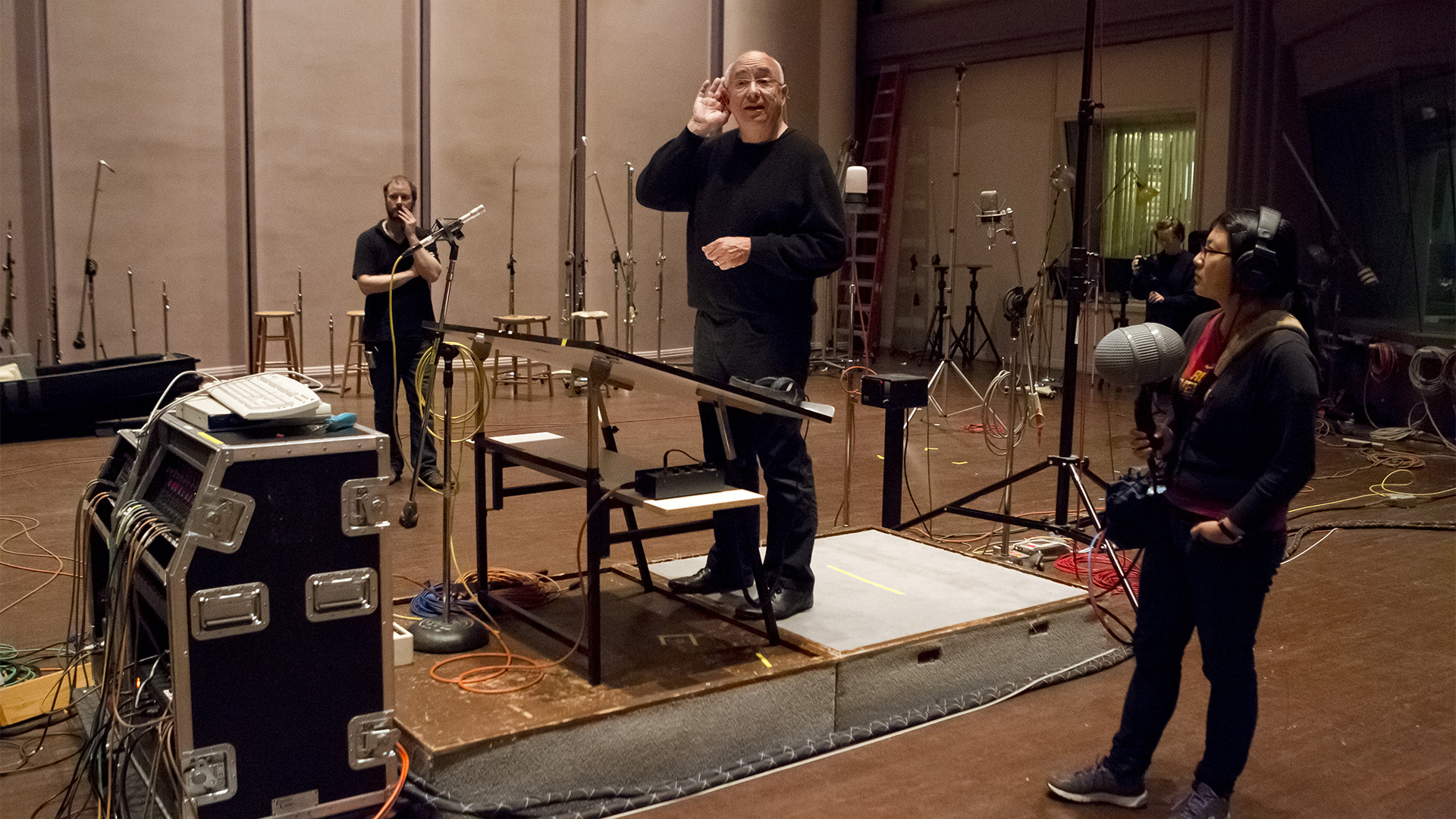
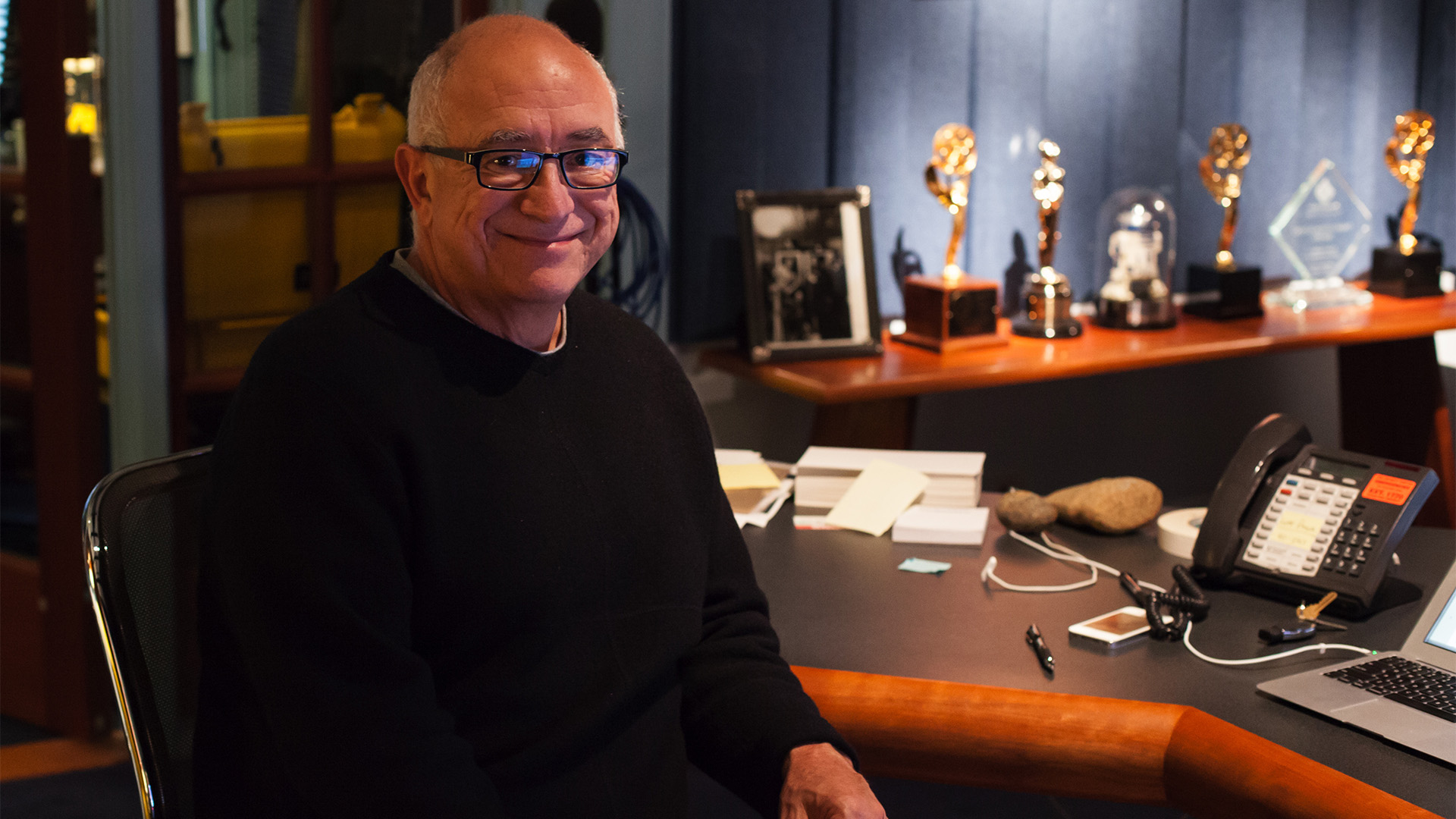
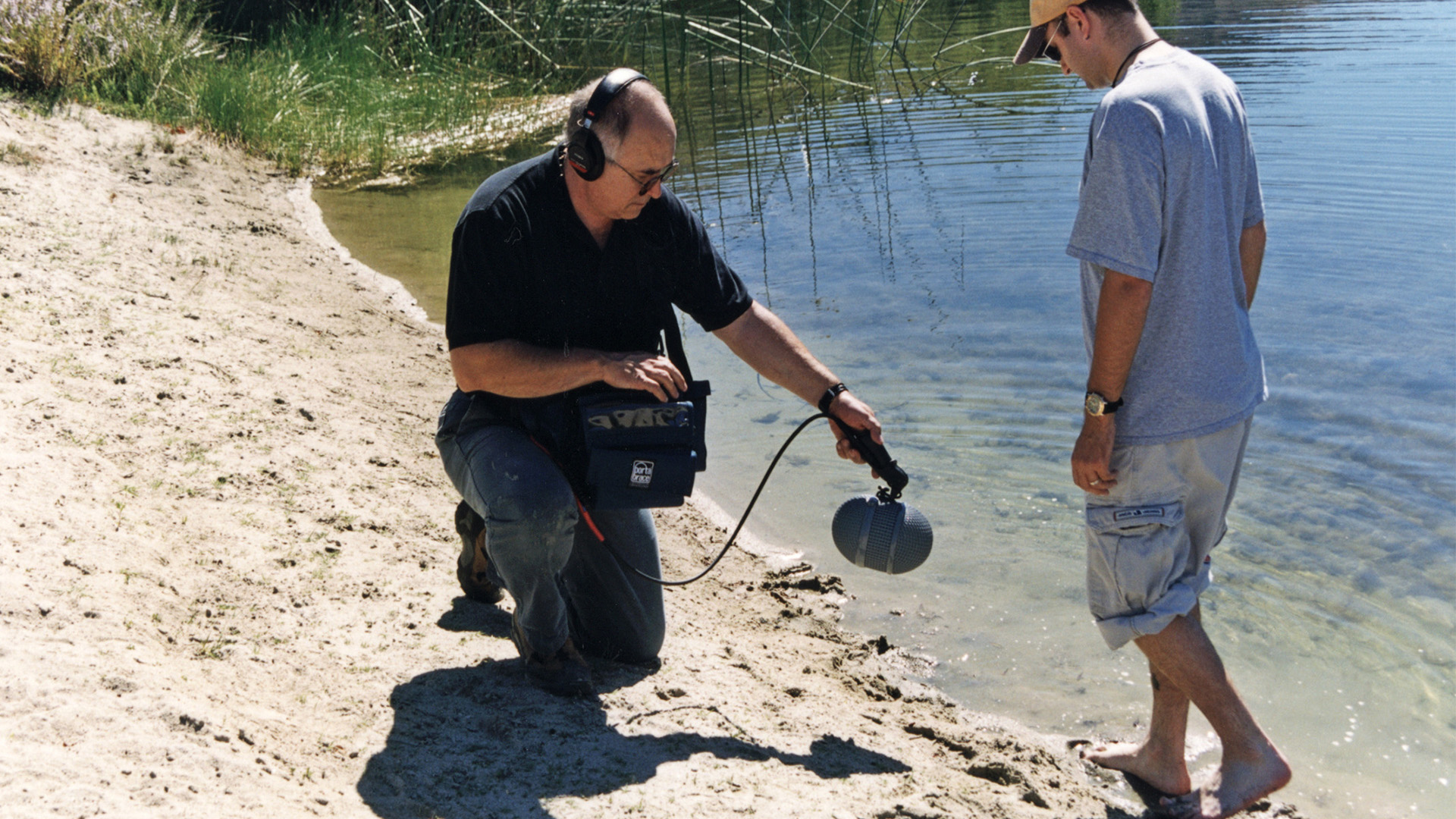
Lucas O. Seastrom is a writer and historian at Lucasfilm.

